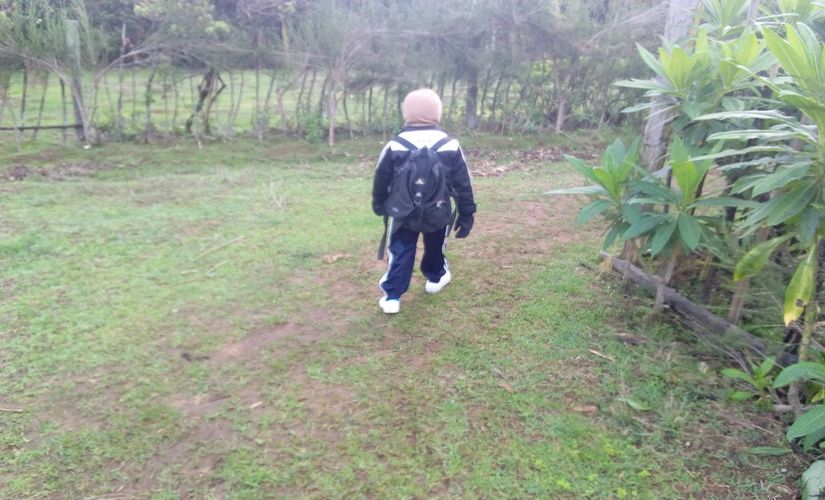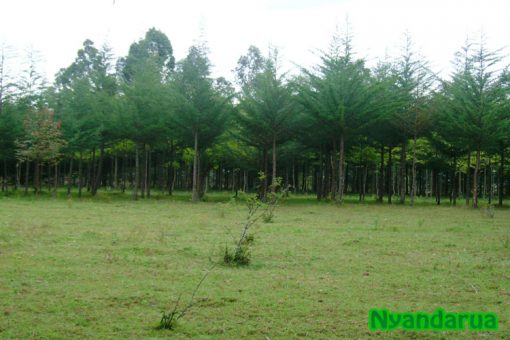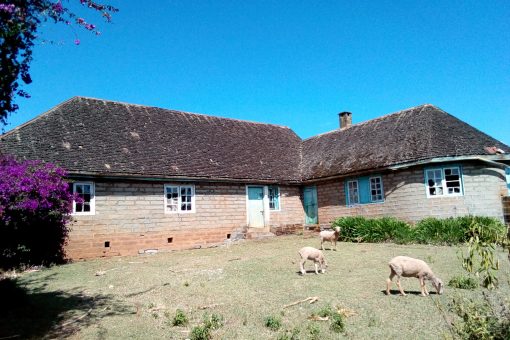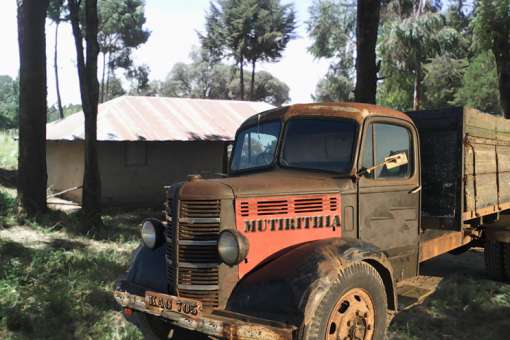Like my father found it necessary to talk to us in our teenage years, using the attempted coup of 1982 as the teachable moment to let us glimpse into his painful past, it is now our task to educate the next generation on pitfalls of war and civil unrest. There is a saying that “Those who forget history are doomed to repeat it”.
My generation did not experience colonialism or the MauMau uprising, but we were raised by parents who did. We are direct descendants of those heroes who brought independence to our country. We heard their firsthand accounts and we saw the pain in their faces and tears in their eyes as they recounted their horror. Our children did not experience that. They only read it in history books as an academic subject for their examinations, making it rather impersonal. It would be such a failure on our part if we do not make our parents history personal to our children. They need to know it, understand it and feel it in their blood.
I know we are the generation that befriended our children to a point of never wishing to inconvenience them in any way, irritate them, or God forbid, invade their space or privacy. A lot of parents can hardly talk to their children because their faces are buried in their electronic gadgets and any attempt to communicate with them is met with a sigh and a roll of the eyes. I get it. Believe me I do. But we are the custodians of this very important piece of history. We are the only link between the past and the future. In the next two decades or so, there will not be a single freedom fighter left. That thought alone sends shivers down my spine, every time. Ask yourself this: are our parents’ heroic sacrifices going to end with their passing? Are we relegating their experiences to the history books as an academic subject and nothing else? These are heroes whose entire lives were marked with struggle, which we are well aware of, because our parents chose to let us in on their painful past. We know the seasons of their lives because they laid them bare to us, to make us understand what came before us.
When my generation talks of the seasons of our lives, we refer to our primary school days, our high school days, our college days, our first job, our wedding and the birth of our children and where they go to school. Our parents seasons of life goes like this: hindi ya nyakeeru (during colonialism) hindi ya mbaara (during the fight for independence) hindi ya majeneti or hindi ya wihuuge (during the state of Emergency) hindi ya ithamirio (during the detention years) hindi ya ng’aragu ya mianga (during the famine where we only had cassava to eat) hindi ya ngigi (during the locust invasion) hindi ya maburiko (during the flood of 1961) mbere ya wiiyathi (before independence) thutha wa wiyathi (after independence) Think about that for a moment. That was our parents reality. They fought for the future they desired. Most of their families, friends and neighbors died fighting for it too but our parents are the lucky ones who lived to tell the tale of how victory was won. That is the information we have been handed down firsthand. Think about the honor and privilege that is, for our parents to share that unadulterated account with us. They dug deep into their raw pain to revisit an unpleasant past they would rather forget, just to let us in on their experiences lest we take freedom for granted.
That is why we need to write books, blogs and record narrated accounts straight from the freedom fighters who are still with us today. That is our heritage that we need to preserve and guard jealously passing it down to our children while impressing on them to pass it down to future generations.
Our children need to understand the role their grandparents played in providing the present life they are enjoying today. They need to understand the cost of freedom that their grandparents paid to secure a free country. Maybe that will sensitize our children to reject agitators who incite violence, destroying the progress our country has made so far, bringing back fear, uncertainty and bloodshed that their grandparents fought so hard to end.




